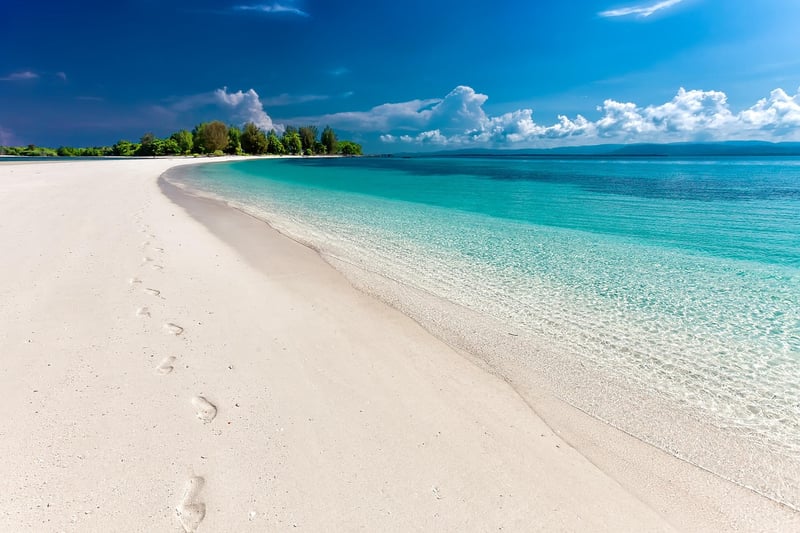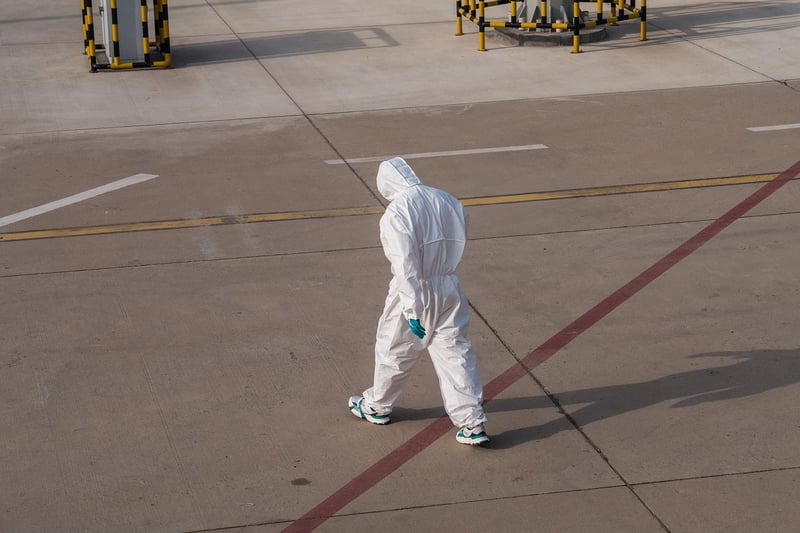Safety Guidelines
Useful Advice for Travelers + Safety Guidelines
Introduction
Traveling can be an exciting and enriching experience, but it's essential to prioritize safety and preparedness while exploring new destinations. Whether you're a seasoned traveler or embarking on your first adventure, these useful tips and safety guidelines will help ensure a smooth and enjoyable trip.
1. Research Your Destination
Before you embark on your journey, take the time to research your destination thoroughly. Familiarize yourself with the local culture, customs, laws, and any travel advisories or restrictions that may be in place.
2. Pack Wisely
Make a packing list to ensure you have all the essentials for your trip. Pack light, but include items like a first aid kit, necessary medications, a copy of your travel documents, and a portable charger for your devices.
3. Stay Connected
Keep your loved ones informed about your travel plans and stay connected with them regularly. Provide them with your itinerary, accommodation details, and emergency contact numbers.
4. Be Mindful of Your Belongings
Keep your belongings secure at all times. Use a money belt or anti-theft bag to safeguard your valuables, and be cautious of pickpockets in crowded tourist areas.
5. Respect Local Customs
Respect the local customs and traditions of the places you visit. Dress modestly where appropriate, ask for permission before taking photographs, and be mindful of cultural sensitivities.
6. Stay Hydrated and Eat Well
Stay hydrated, especially in hot climates, and eat well-balanced meals to maintain your energy levels during your travels. Be cautious of consuming street food in unfamiliar places.
Safety Guidelines
1. Keep Emergency Contacts Handy
Save local emergency numbers in your phone and carry a list of important contacts, including your embassy or consulate, in case of emergencies.
2. Stay Alert and Trust Your Instincts
Be aware of your surroundings and trust your instincts if something feels off. Avoid risky situations and seek help if you feel unsafe.
3. Secure Your Accommodation
Choose reputable accommodations with secure locks and safety features. Use a door wedge or portable door lock for added security in unfamiliar places.
4. Stay Informed
Stay updated on local news and safety alerts in your destination. Avoid areas with political unrest or high crime rates and follow any travel advisories issued by your government.
5. Health Precautions
Take necessary health precautions before your trip, such as vaccinations or medications recommended for your destination. Carry a small first aid kit for minor injuries or illnesses.
Conclusion
By following these useful tips and safety guidelines, you can enhance your travel experience and ensure your well-being throughout your journey. Remember to stay informed, be prepared, and embrace new adventures responsibly.




